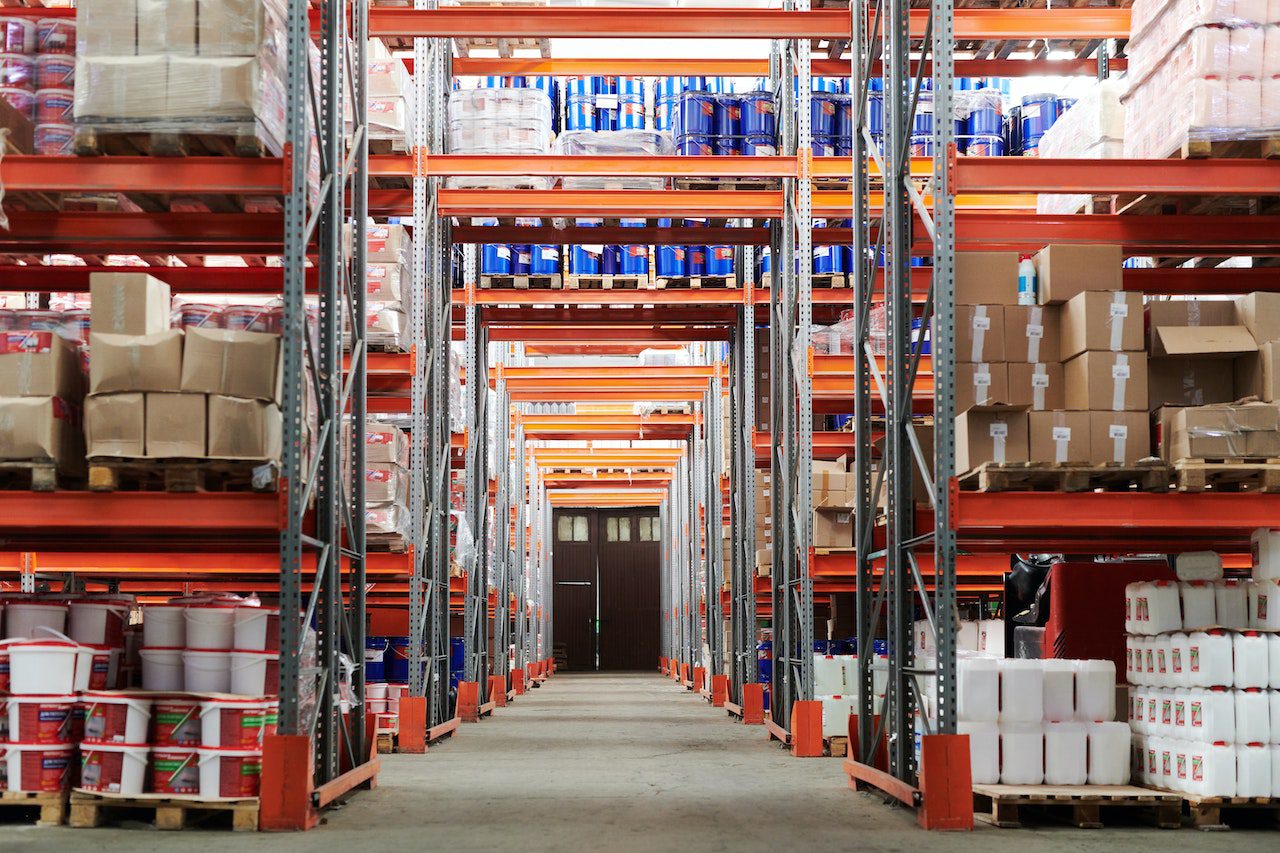Managing a warehouse effectively requires a systematic approach, and an integral part of that approach is implementing strategies to reduce waste. Efficient waste management has a positive impact on the environment by reducing your carbon footprint. It also saves time and money in the long term.
This article aims to guide warehouse managers and operators on how to effectively use skips and other methods to minimise waste in warehouses.
Develop a Waste Management Plan
Creating a waste management plan is the first step towards reducing waste. This plan should identify the type of waste generated in the warehouse, the amount of waste produced, and the current waste disposal methods.
Once these factors are understood, it becomes easier to devise strategies to reduce, reuse, and recycle waste.
Reduce Packaging Waste
Packaging waste is one of the most significant waste types in warehouses. Materials like loose fill, bubble wrap, and cardboard boxes often contribute to a substantial amount of waste. Therefore, it’s vital to work with your supply chain to reduce packaging waste.
Encourage suppliers to minimise packaging materials or switch to more sustainable options.
For instance, consider replacing bubble wrap with eco-friendly alternatives such as recycled paper or biodegradable loose fill. Cardboard boxes can be replaced with reusable crates. By revising your packaging materials, you can make significant strides in waste reduction.
Food Waste Management
For warehouses dealing with food products, food waste can be a significant issue. To tackle this, effective inventory management is key. Implementing a first-in, first-out (FIFO) system ensures older stock is sold before new stock, reducing the risk of food items expiring and becoming waste.
Use Skips for Effective Waste Disposal
Skips are an excellent tool for managing waste in a warehouse environment. Skips can hold a large volume of waste, making them perfect for large-scale waste disposal. They are ideal for disposing of a wide range of warehouse waste, from packaging materials to obsolete inventory.
Working with a reliable waste management company can ensure that waste disposal is handled professionally and responsibly. Companies like us are responsive to customer requests and provide a range of skip sizes to cater to different needs. This includes industrial skips for hire. We also support recycling efforts, ensuring that as much waste as possible is recycled rather than going to landfill.
Recycle and Reuse
Implementing a comprehensive recycling program in your warehouse is a proactive step in waste reduction. Segregate different types of waste, making it easier to recycle materials like cardboard, plastic, and metal. We provide recycling services for various materials such as packaging and cardboard.
Reusing materials can also significantly reduce waste. For instance, cardboard boxes and pallets can often be reused several times before they need to be recycled. The key here is to instill a culture of ‘reduce, reuse, and recycle’ among the staff, promoting a more sustainable approach to waste management.
Why Warehouses Should Act Sustainably
Reducing waste in a warehouse is not a one-time activity, but a long-term commitment that requires ongoing effort and adaptation. Implementing effective waste management strategies, recycling waste, and using skips for waste disposal, can lead to significant waste reduction.
Moreover, working towards reducing waste is not just good for the environment, but it also makes good business sense. Effective waste management can lead to cost savings, improved efficiency, and a more sustainable business model.
Remember, every step taken toward waste reduction is a step toward a greener and more sustainable future. Let’s make that step count.




